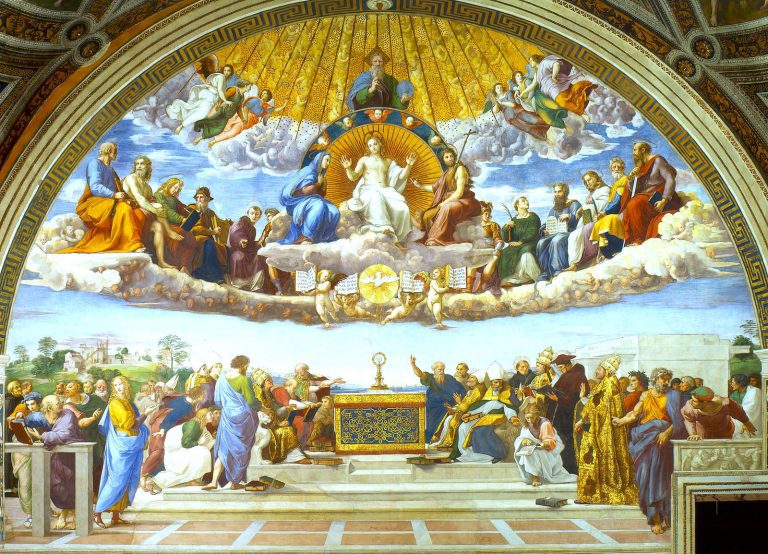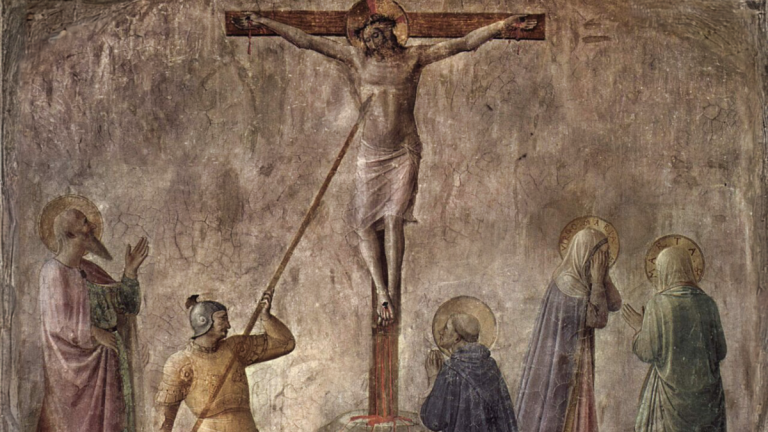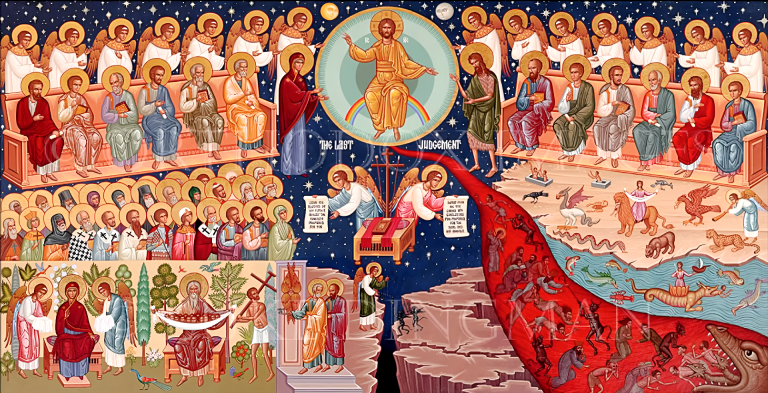Within living memory, few complained about dating things B.C. and A.D. “B.C.”
was understood to indicate the period of time “Before Christ”. The “A.” in “A.D.” stood for, “Anno”, “the year of”. “Dominie” stood for “Our Lord”. The number preceding A.D. signified a precise year after Christ was thought to have come to earth for our salvation.
This method provided the world with an actual point in time from which the present proceeded into the future or proceeded into the past. It was, in history, the equivalent of positive and negative charges in particles.
The system did offer some mild confusion. The first century went from 0 to 100, the second century went from 101 to 200, the third from 201 to 300, and so on. There was always a mental adjustment, as when we subtracted one from “The Twentieth Century” to get to the 1900s to properly the actual numbers of the century with the ____th Century number that described it. History teachers enjoyed explaining, and students enjoyed learning, and most of us understood.
Today, of course, teachers often don’t even bother teaching how to use regular clocks and watches with hands, let alone A.D. and B.C., so many students don’t even know what time it is without a digital timepiece. Even fewer students in the glorious public schools hear about A.D. and B.C. and know what they mean.
Why the change? Small groups of anti-Christian people thought the use of B.C. and A.D. was “very unfair”. They insisted that it was “Wrong to merge religion and history in a way that favored the Christian religion”.
After interminable meetings and symposiums, people with a great deal of time of their hands changed the period of time before Christ, “B.C.”, to “B.C.E”. Those initials stood for “Before the Common Era”. It was thought to be a “great breakthrough!” by the minds that think such things to be that.
The period that had been happily described as A. D. was then re-named “C.E.”, or “Common Era”. “C.E.”, like “B.C.E.”, fell short of being perfectly politically correct because some die-hard’s were substituting, if only mentally, “Christian” for “Common”. Those stubborn, ungrateful Christians and antiquarians the gall to begin referring to the B.C.E. period as “Before the Christian Era” and “C.E.” as the “Christian Era”.
The academic community was outraged. Any possibility of introducing Christ or Christendom into historical significance had to be eliminated. They needed a concept of time that would let everyone who disliked any recognition of Christ’s reality be truly happy. So, they replaced B.C.E. with B.P.E. That stood for “Before (the) Present Era”. Those on Governments payrolls were among the first to abandon the precision of dating earlier times with “Before Christ” and date them “B.P.E.”, or “Before (the) Present Era”.
Today, archeologists take great delight in making public funding accessible by showing that they have shed all superstitious attraction for any date that even hints of Christ’s presence in time. Now, happenings are either in, or “Before (the) Present Era”.
This system has a financial benefit that explains its rapid adoption by publishers. It requires text books to be re-written and published more frequently. Some Egyptian building may now be described as having been built “4,000 years Before The Present Era”. That date has to be changed, depending on the accuracy desired, to be “4010 years before The Present Era” ten years after original publication. That has to be updated every few years. So, jobs for publishers and academics are assured.
That, of course, may reflect not a desire for historical accuracy, but the manifestation of a new religion, in which jobs for academics are a sacerdotal requirement far more important than the merely eternal salvation offered by Jesus Christ to those who believe in Him.
Now, we live with dates that float from a long-past present that was the moment most important during that no-longer present period. If it is progress that fewer people than ever can place things precisely in time, then great progress has been made.
Some are happy about it.








